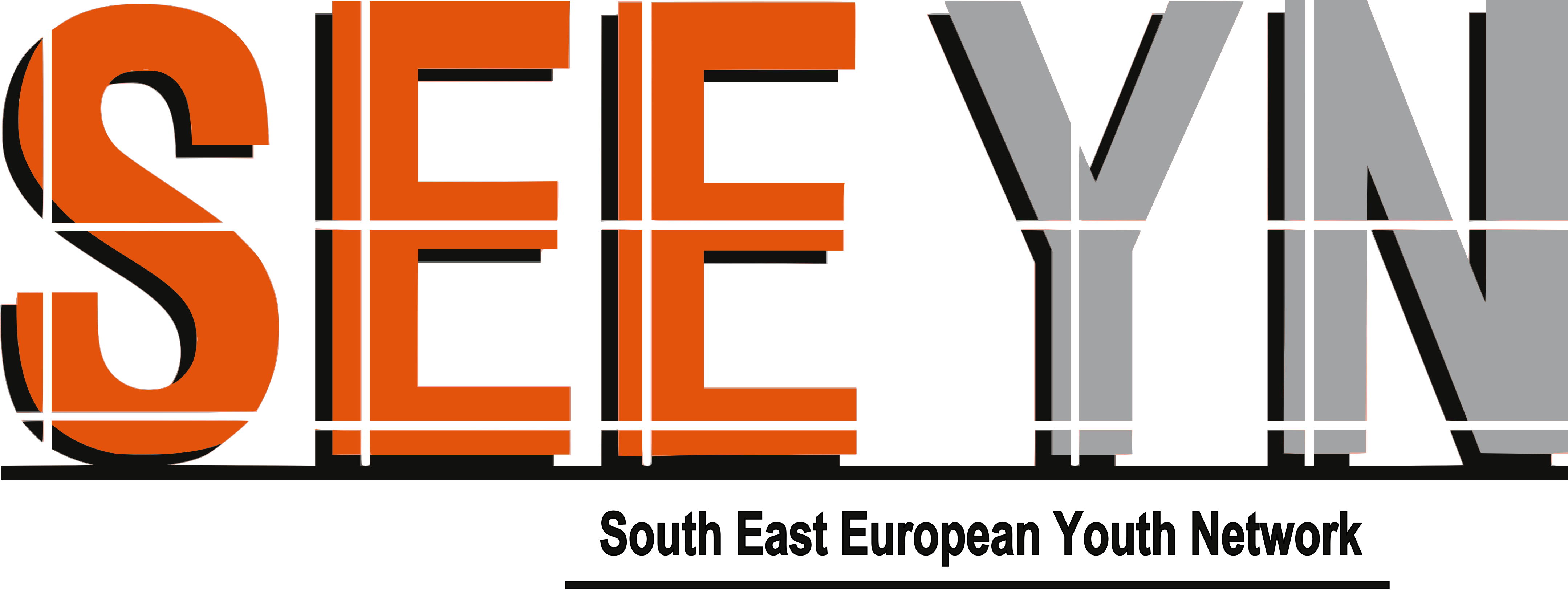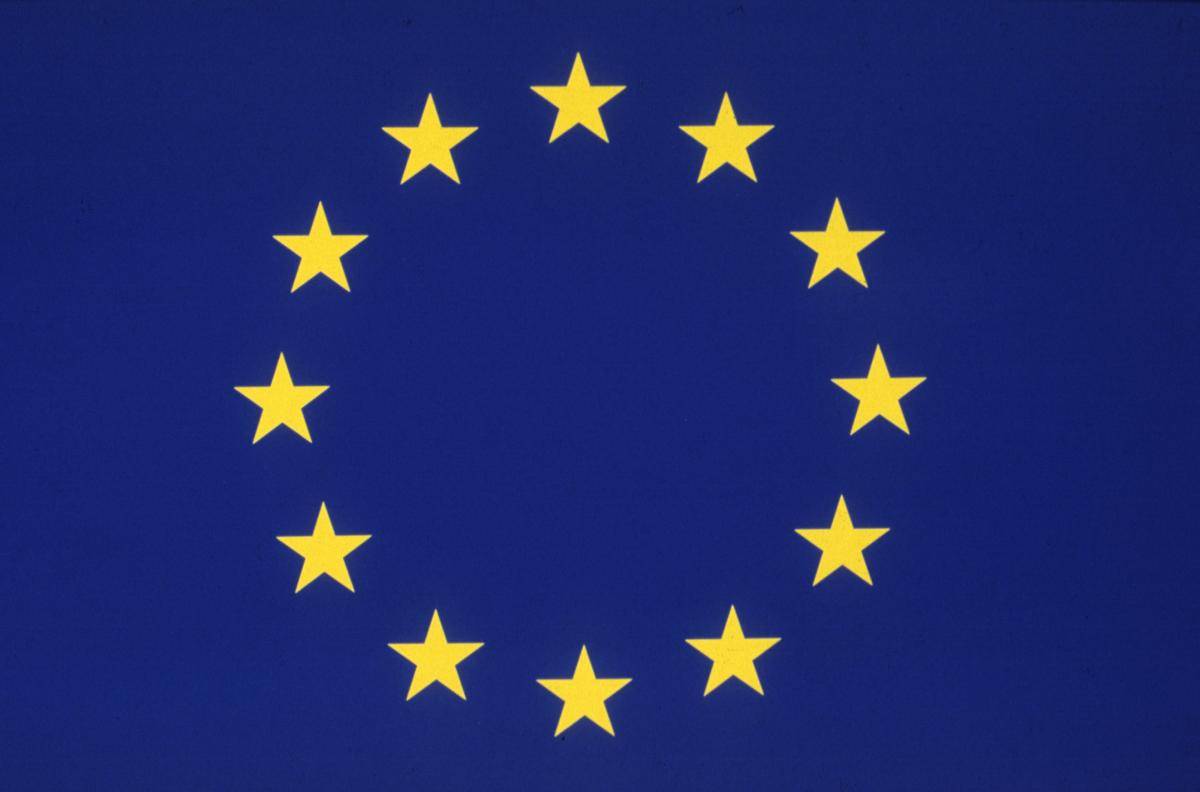YOUTH STANDING UP FOR HUMAN RIGHTS IN ALBANIA
The EU identified human rights as one of the five priority areas for improvement, when it granted Albania its candidate status in 2014. Today, three years later human rights protection is still one of the areas for improvement in order for the EU to open the accession negotiations with Albania.
 CALL: EIDHR Albania 2017
CALL: EIDHR Albania 2017
MAIN APPLICANT: WORLD VISION ALBANIA
PROJECT PARTNER: SEEYN SECRETARIAT BIH
PROJECT DURATION: 3 YEARS (01/06/2018 – 01/06/2021)
DONATOR: EU through EU delegation in Albania

PROJECT BACKGROUND:
The EU identified human rights as one of the five priority areas for improvement, when it granted Albania its candidate status in 2014. Today, three years later human rights protection is still one of the areas for improvement in order for the EU to open the accession negotiations with Albania. It is obvious that despite the Albanian government`s efforts to improve legislative and policy framework in the recent years in view of the EU accession, human rights are not yet fully implemented. According to a recent Civil Rights Defenders’ report, the treatment of vulnerable groups in Albania is “highly problematic” and the implementation of human rights conventions and legal mechanisms is “haphazard”.
The impact of human rights issues on youth and youth issues: Of all groups, youth is the most impacted by the lack of human rights culture in Albania: firstly, when vulnerable youth is subject to discrimination and secondly, when lack of human rights enforcement solidifies their wide-spread apathy and mistrust in government and the rule of law. While Albania is one of Europe`s youngest countries with 25% of its population in the 15-29 age group, the potential of young people to contribute to the democratic development and the promotion of culture of human rights is largely unused. 
CSO as an important human right actor: While civil society organizations could play a critical role in fostering a culture of human rights, their full potential is yet to be realized. Civil society organizations continue to be heavily dependent on funding through grants from international donors, with their mission and strategic goals being determined by donors. Major weaknesses of CSOs include heavy dependencies on donors, lack of constituency base, and a lack of skills in key techniques to bring about social change. Stagnant public opinion is also a factor impeding CSOs effort to build their constituency base and mobilize citizens for civic action. In addition, CSOs in remote rural areas are faced with more challenges, as they lack resources, networks, and skills even more so.
THEORY OF CHANGE
World Vision Albania (WVA) and the South East European Youth Network (SEEYN), have identified that the defence of human rights in Albania does not achieve its full potential for
• A lack of resources
• A lack of technical capacity
• A lack of robust participation by youth (and other populations)
For this reason, WVA and its co-applicant, SEEYN, have designed this action using a sub-granting methodology to address those three factors listed above. However, WV and SEEYN have carefully designed the sub-granting matrix and the capacity building function of this action in an innovative manner which coordinates sub-grants for scaled impact as well as capacity building which occurs in learning-by-doing workshops rather than a series of trainings. This approach has been considered to be more effective and incorporates experiences from previous such sub-granting projects.
OBJECTIVES:
Civil society’s role in promoting human rights, democratic values, and the rule of the law in Albania. It will do so by achieving the following two specific objectives:
• SO1 Human Rights-defending organizations take youth-driven, impactful actions in Albania, with emphasis on outlying regions.
o Main Activities: launch of a call for proposals for sub-grant projects, selection of project ideas, mentored monitoring, and project close out.
• SO2 To increase capacities of human rights-defending organizations for delivering of effective actions and services to the groups in need for human rights protection to in multiple regions in Albania.
o Main Activities: technical assistance to sub-grant recipients, action-oriented research, and dissemination of learning and best practices to a wide community of practice.
Contact person:
Mirela Rajkovic
This email address is being protected from spambots. You need JavaScript enabled to view it.
PROJECT NEWS



